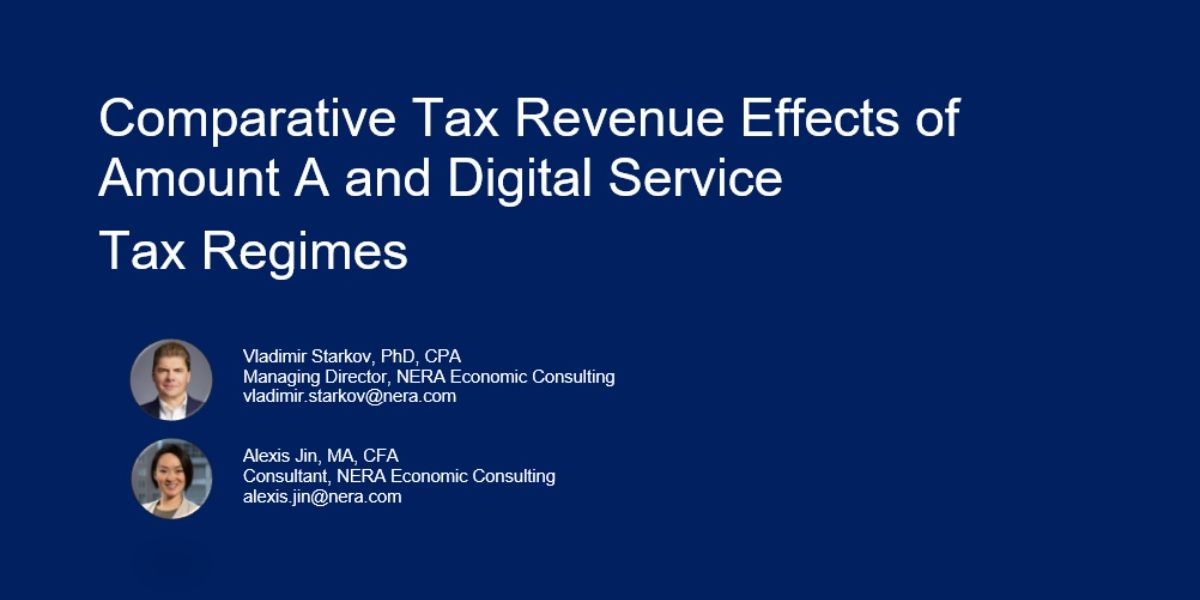The second regional meeting of the Inclusive Framework for the francophone countries was held from 3 to 5 July 2017 in Benin. The meeting was organized by the OECD in partnership with CREDAF, an organization that brings together the tax administrations of 29 francophone countries in Africa; and Le Pôle Stratégies de Développement et Finances Publiques, a joint initiative between France and the UNDP. Participants included delegates from the francophone countries and representatives of regional and international organizations.
The jurisdictions participating in the inclusive framework are involved in the development of the monitoring process for the four minimum standards under the OECD project on base erosion and profit shifting (BEPS) and in the review mechanisms for other parts of the BEPS package. The inclusive framework is also involved in developing toolkits to assist developing countries in BEPS implementation.
The Benin meeting gave an opportunity for the francophone countries to gain more information about the functioning of the Inclusive Framework particularly regarding the peer reviews of the minimum standards under the BEPS project. Information was presented on recent developments in relation to the implementation of BEPS in the context of the Inclusive Framework and in particular the transfer pricing and tax treaty developments. For the participants the meeting offered an opportunity to share experiences and discuss the challenges posed by BEPS implementation.
The meeting also covered the OECD initiatives relating to capacity building for tax administrations in developing countries, such as the programs of Tax Inspectors Without Frontiers and bilateral assistance programs. Information could also be presented and discussed in relation to the toolkits under preparation, in particular those in relation to comparable transactions for transfer pricing analyses and the other toolkits aiming at outcomes compatible with the needs of developing countries. At the same time the participants could raise issues relating to their needs and concerns.
The participants of the meeting emphasized the necessity of involving the highest political authorities in their countries in the implementation of BEPS measures so that measures can be introduced efficiently. They therefore proposed that regional and international organizations help to communicate the importance of the measures. The OECD has already included in its program consultations with Finance Ministers in individual country members of the Inclusive Framework with a view to working out the path to BEPS implementation for each country.
The OECD emphasized that the main objective of the preparation of the toolkits is to help developing countries implement measures to combat BEPS. The participants confirmed their interest in the toolkit on comparables for transfer pricing studies and noted that this toolkit can assist them to overcome the difficulties they face during tax audits. They also expressed an interest in the toolkit on transfer pricing documentation that is currently being prepared.
The participants confirmed their intention to adopt the BEPS measures within the timescale appropriate for their implementation in developing countries. Some CREDAF member countries have already begun putting in place BEPS measures, in particular those relating to double tax treaties, through the signature of the multilateral instrument and the implementation of country by country reporting.
The participants noted the importance of the multilateral instrument on tax treaty related BEPS measures and its role in strengthening their bilateral tax treaties and introducing minimum standards on preventing treaty abuse and the artificial avoidance of permanent establishments. However the participants regretted that the multilateral instrument could not be used to modify treaty provisions other than those relating to the minimum standards. They are therefore looking forward to the development of a toolkit on tax treaty negotiation.
















